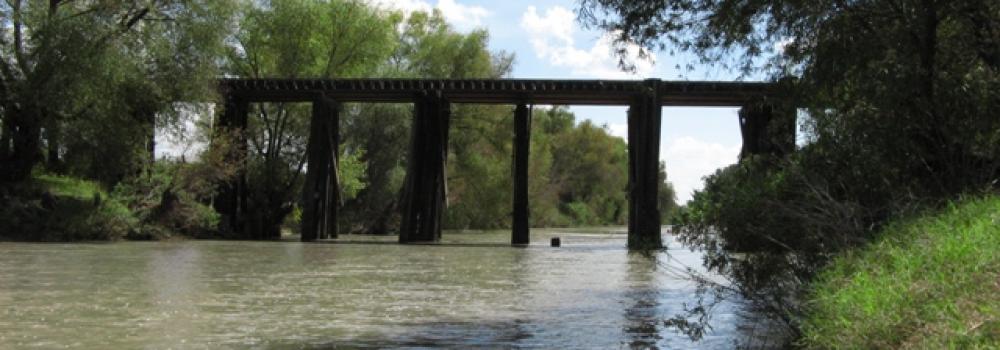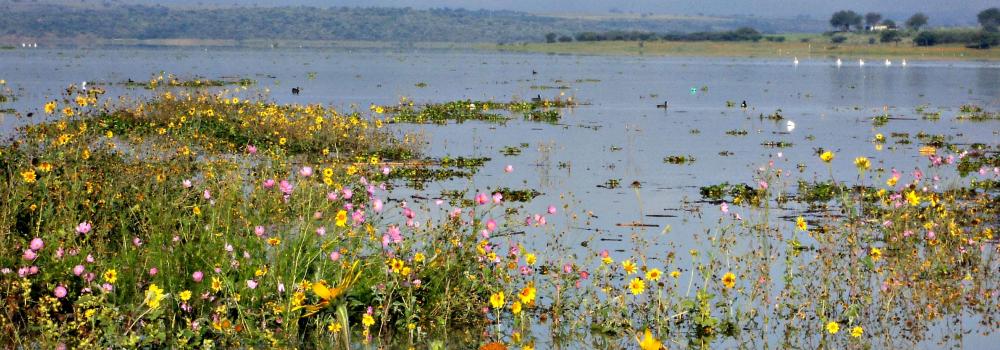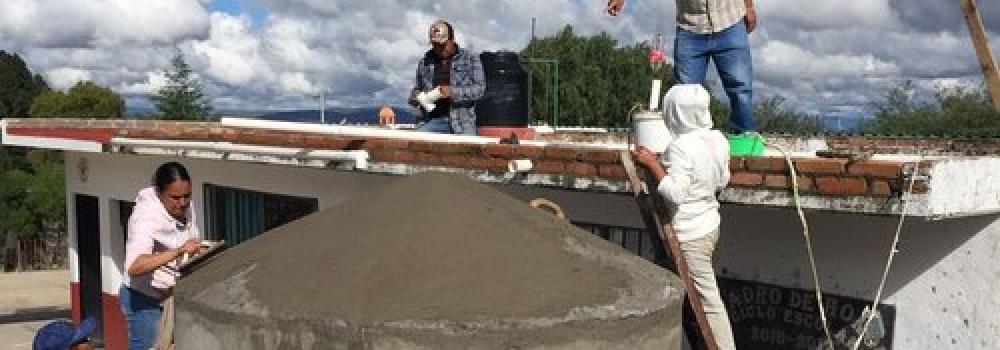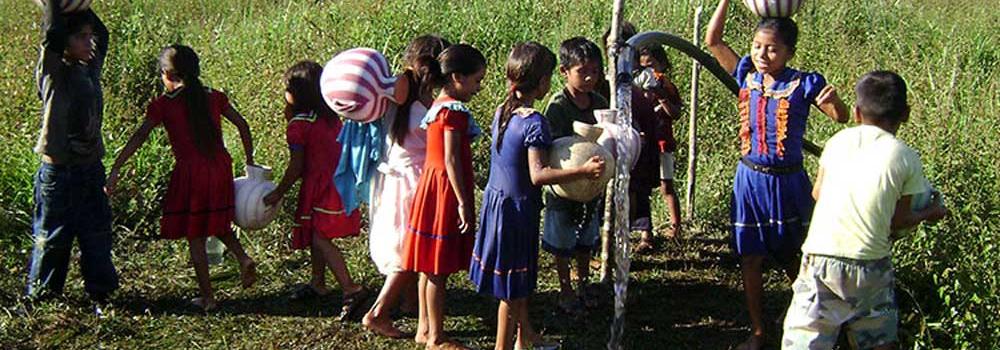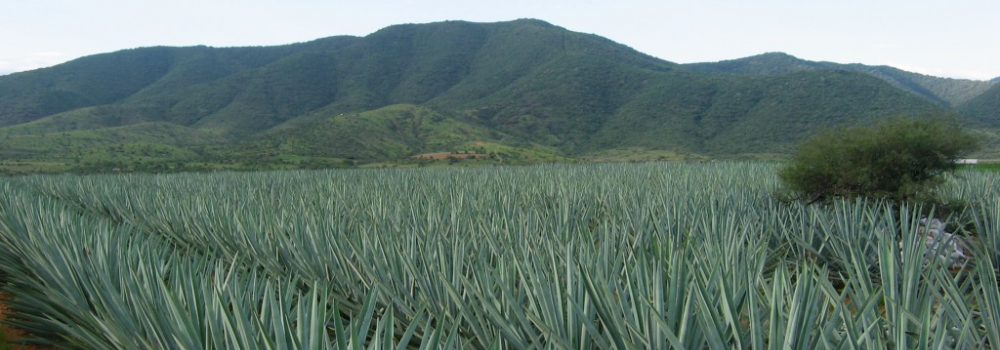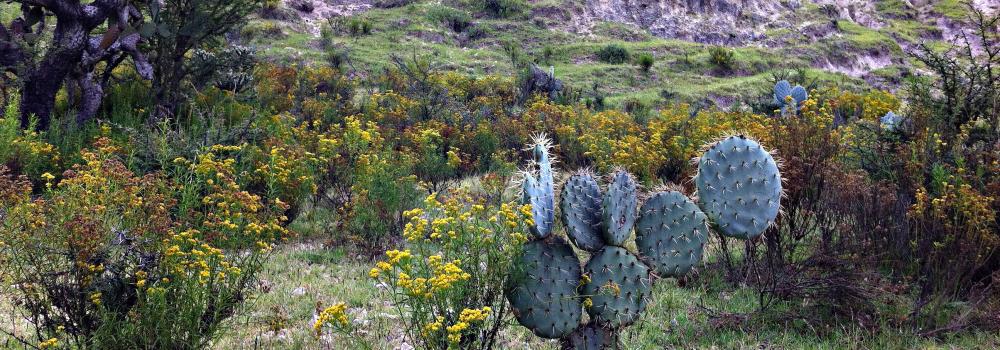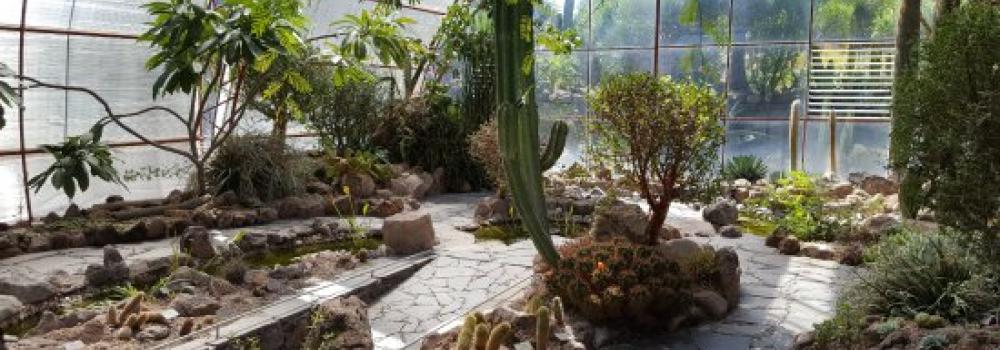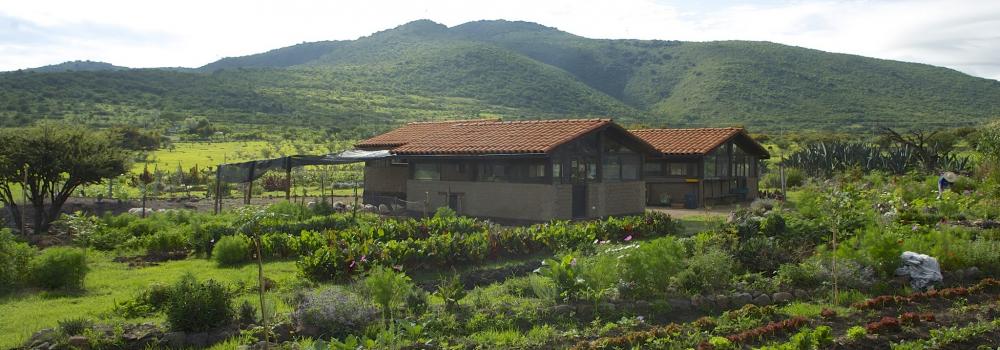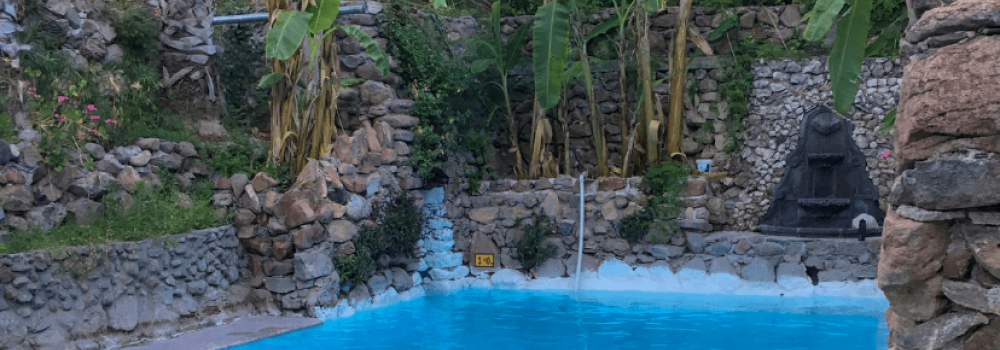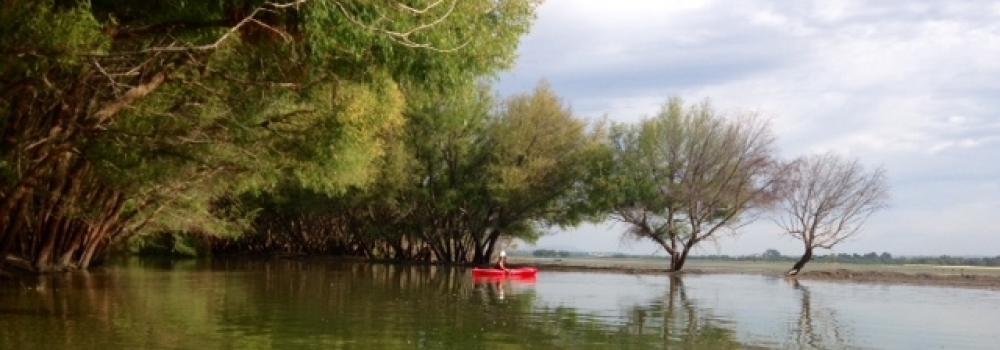The history of the AguaVida Network dates back to 2011 when several organizations and citizens formed a voluntary Citizens Observatory for Water and Sanitation (OCAS) in San Miguel de Allende. The purpose was to organize residents in monitoring the management of water in our region. Over time OCAS-SMA adopted the name AguaVida SMA, to use in its citizen outreach efforts.
In 2013, the AguaVida SMA campaign launched a monthly series of public Water Dialogues with scientific experts, government officials and social organizations to identify the historical causes, current conditions, and immediate solutions to our serious water situation. In the following years the AguaVida SMA campaign updated the information with interviews and reports with the main water specialists from Guanajuato and the rest of Mexico.
In October of 2018, Agua Vida became a coalition composed of a large group of nonprofits and, in March 2019, the coalition began discussions with the municipal government including the municipal water authority SAPASMA on a plan to identify problems and develop solutions to ensure water security for all.
After several years and many accomplishments, it became difficult to sustain the momentum of a coalition and the expectation of acting in unison on every initiative. Recognizing the need for and value of our combined expertise and continuing to foster the relationships we had built over several years, members began looking for another way to organize.
The Transition to a Network
At a meeting in September, 2019, Chris Orsinger spoke to us about the Willamette River Network in the United States. This network has maintained a successful long-term watershed restoration effort with broad organizational participation. Chris explained that the network structure aided them in addressing complex, long-term issues in a flexible manner, based on voluntary participation as appropriate to the needs and interests of its diverse network members.
In our meeting with Chris, several AguaVida Coalition members--Caminos de Agua, Patronato Pro Niños, Casita Linda, Audubon de Mexico, Educación Collaborativa and Feed the Hungry--volunteered to form a steering committee to review the merits of a network structure.
Subsequently, the steering committee prepared an analysis of an organizational network, and, later it was agreed that Agua Vida would transition from a coalition to a network to provide members greater flexibility in participation, with the ability to opt-in or out of projects according to their interests and needs, while retaining the strength and unity of a shared vision.
Further, we set a goal to broaden participation and collaborative efforts within the diverse ONG community and the people they serve.

